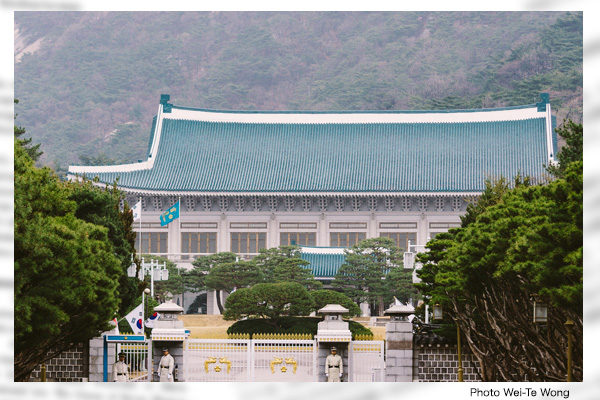“If you have an accident or become suddenly ill during the coming holidays, you may be unable to get medical treatment and your life may be in danger because of the broken emergency medical system. Do not go out as much as you can. You had better give up even visiting graves.” This was the advice given to her family members and friends before the Chuseok holidays between September 16 and 18 by South Korean National Assembly member Lee Ju Young, who worked at a pediatric emergency medical center till January, and was elected in the general election in April to become a lawmaker for the conservative opposition Reform New Party.
In February, the government of President Yoon Suk Yeol announced a medical reform to increase the medical school quota from 3,000 to 5,000 from this year's entrance examinations. The reform was designed to improve a shortage of doctors in essential medical care areas such as emergency medicine, pediatrics, internal medicine, and surgery, as well as at rural hospitals, according to the government. The reform, which was not included in Yoon’s presidential campaign promises, was abruptly presented to the medical community on the day of the announcement. The proposed reform was viewed by some as a policy to help the ruling party win the general election in April.
Doctors oppose the medical school quota increase
Doctors have rebelled against the reform, claiming that the low number of applicants for essential medical care areas is attributable not to a general shortage of doctors but to low fees for medical treatment for critically ill patients and the high risk of criminal and civil liability regarding medical practice. The government has ignored their opinion and gone ahead with the quota increase, arguing that the shortage of applicants for essential medical care areas is due to the fact that doctors are concentrated in orthopaedic surgery and dermatology, which have relatively high incomes, so increasing the number of doctors would reduce their incomes, causing them to turn to essential medical care areas and rural hospitals.
In response, young doctors and medical students revolted. Of the 13,531 doctors-in-training (junior doctors seeking to become specialists) who have supported university and other large hospitals with their long working hours and low wages, 12,380 or more than 90% submitted their resignations and left hospitals (as of July). The government has branded their actions as illegal walkouts, ordered them to return to work, and summoned their leaders to the police for lengthy interrogations. However, doctors-in-training have not returned to work. Although a small number of specialists and professors at large hospitals tried to engage in medical treatment, they left hospitals one after another due to physical and mental limitations. Of 18,218 medical students, 17,723 or almost all have submitted leave of absence forms (as of July).
President Yoon’s approval ratings crashing
Doctors warn that unless the increase in the medial school quota for this year’s entrance examination is canceled, with doctors-in-training and medical students reinstated, the number of new medical school and training graduates would be almost zero, causing irreparable disruption in medical practice. However, President Yoon sticks to increasing the medical school quota by 2,000, saying that any reform is fraught with resistance. As the ruling party as well as opposition parties has become critical of the government’s rigid stance, a proposal has been made to leave this year’s medical school entrance examination unchanged, nullify the medical school quota for next year’s entrance examination, and discuss future measures among doctors, ruling and opposition parties, and the government. However, doctors have made it a condition of their participation in such discussions that the original quota for this year is restored.
As the conservative president’s forcible implementation of the plan has been met with growing opposition even from conservatives, Yoon’s approval ratings have crashed to 20%, with disapproval exceeding approval in all age groups and all regions. Conservative leader Cho Gab Je has expressed a growing sense of crisis, saying, “The lives of the people are in danger because of President Yoon’s stubbornness. The only way out of the situation could be to drag Yoon down.”
Tsutomu Nishioka is a senior fellow and a Planning Committee member at the Japan Institute for National Fundamentals and a specially appointed professor at Reitaku University. He covers South and North Koreas.


